Poverty whether as drain theory at the start of the twentieth century or through garibi hatao towards the end of those 100 years was the predominant economic, political, and social paradigm within which late colonial, nationalist and post-independence era science policy was constructed. Whether as critics of India’s poverty, or as architects of measures for its eradication, India’s commentators called on a broad framework of science both to diagnose and treat poverty. Yet, when we think of science in India today, this earlier priority of poverty eradication is now hard to find. Poverty eradication as a goal in itself seems to have fallen off India’s scientific agenda almost entirely. What accounts for this? This volume asks: Has the problem of poverty in India been solved? Or, has it become inconvenient alongside the rise of new narratives that frame India as a site of remarkable economic growth? Indeed, has there been a loss of faith in the ability of science to tackle poverty? Together, the essays in this volume explore the broader implications for the new role of science in India: as a driver of economic growth for India, rather than as a solution to the persistence of poverty.
Contents: Introduction: Science, technology and medicine in India: the problem of poverty/Sarah Hodges and Mohan Rao. Part 1: The quest for improvement: 1. Colonial poverty: nutrition, disease and the problem of the poor/David Arnold. 2. Tubercular optics: health, techno-science and the obfuscation of poverty/Lakshmi Kutty. 3. Surveillance for equity? poverty, inequality and the anti-politics of family planning/Rebecca Williams. Part 2: India’s Hospitals: For whom? 4. Globalisation and the health of a megacity: the case of Mumbai/Ramila Bisht and Altaf Virani. 5. Commercialization and the poverty of public health services in India/Rama Baru. 6. It all changed after Apollo and other corporate hospital myths/Sarah Hodges. Part 3: National Techno-science and Promising Bodies. 7. The Globalization of reproduction in India: from population control to surrogacy/Mohan Rao. 8. Biotechnology in India: catalyst for a knowledge era? Priya Ranjan. 9. Stem Cell Research and Experimentation in India: Leveraging hope for global prominence/Rohini Kandhari. 10. Mainstreaming indigenous knowledge: genealogy of a meta concept/Dhruv Raina. Index.

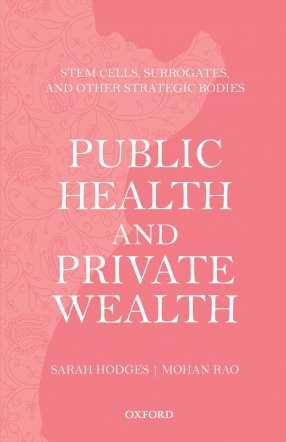
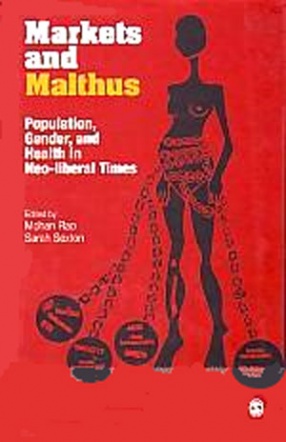


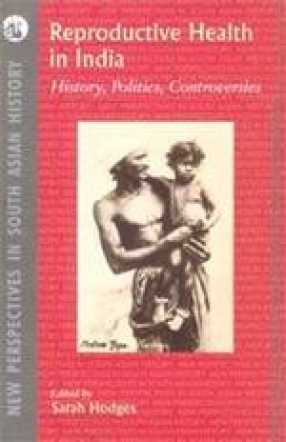
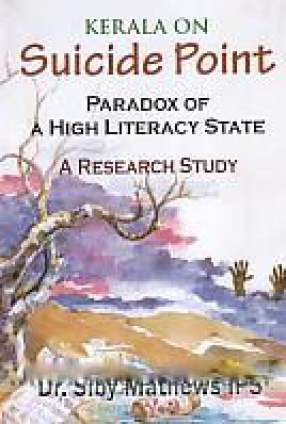
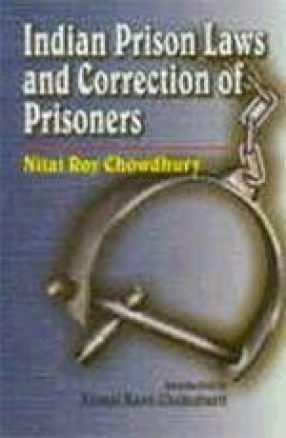
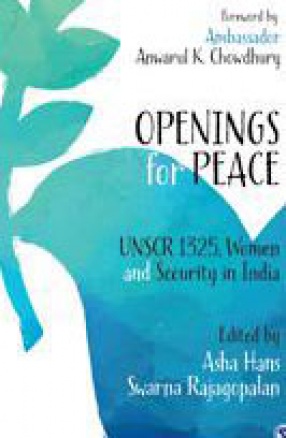
There are no reviews yet.